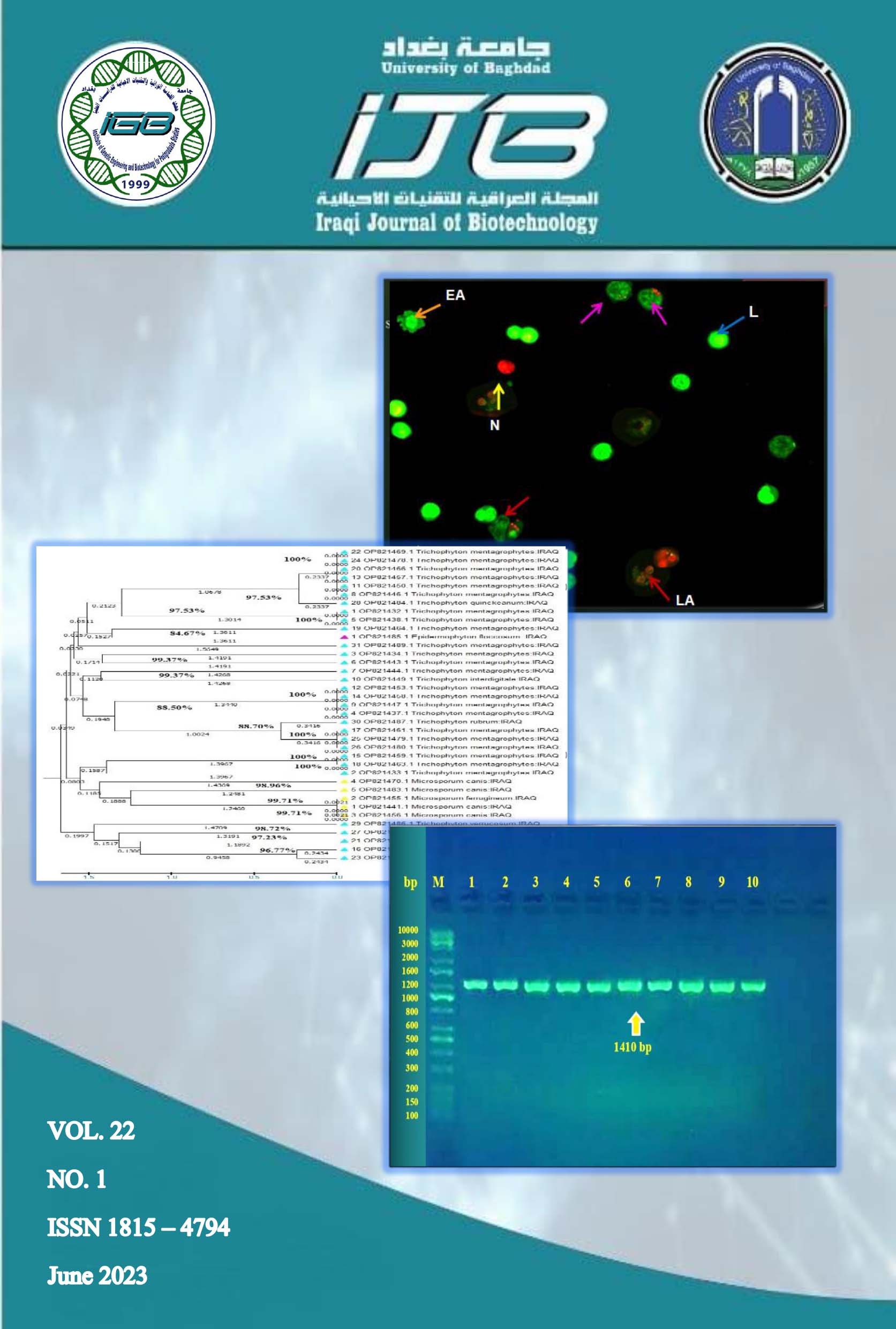The Effect of Antimicrobial Peptide LL-37 on Biofilm Formation of Klebsiella pneumoniae Isolated from Catheter-Associated Urinary Tract Infection Patients
Abstract
Opportunistic pathogen Klebsiella pneumoniae Most commonly causes nosocomial infections and particularly affects persons with weakened immune systems. For survival and immune evasion during infection, K. pneumoniae makes use of a variety of virulence factors, and caused many infections include pneumonia, bacteremia, UTI. The aim of this research was to assess the antimicrobial peptide's effectiveness against K. pneumoniae isolated from patients with UTI as an antibiofilm agent. This study included 170 urine samples which collected from October 2022 to March 2023 from patients with urinary catheters from Baghdad hospitals. The biofilm formation test was carried out for 28 strong biofilm isolates after treatment with LL-37 peptide. The results of biofilm formation after treatment with LL-37 peptide showed an obvious inhibitory activity where the most of isolates under test became ranged from non-biofilm to moderate. Results of five mdr K. pneumoniae isolates' lowest inhibitory concentrations (MICs) against LL-37 revealed that the MIC range of LL-37 were (1.9-500 µg/ml), in conclusion, LL-37 has a significant effect on K. pneumoniae growth and biofilm formation at very low concentrations.


